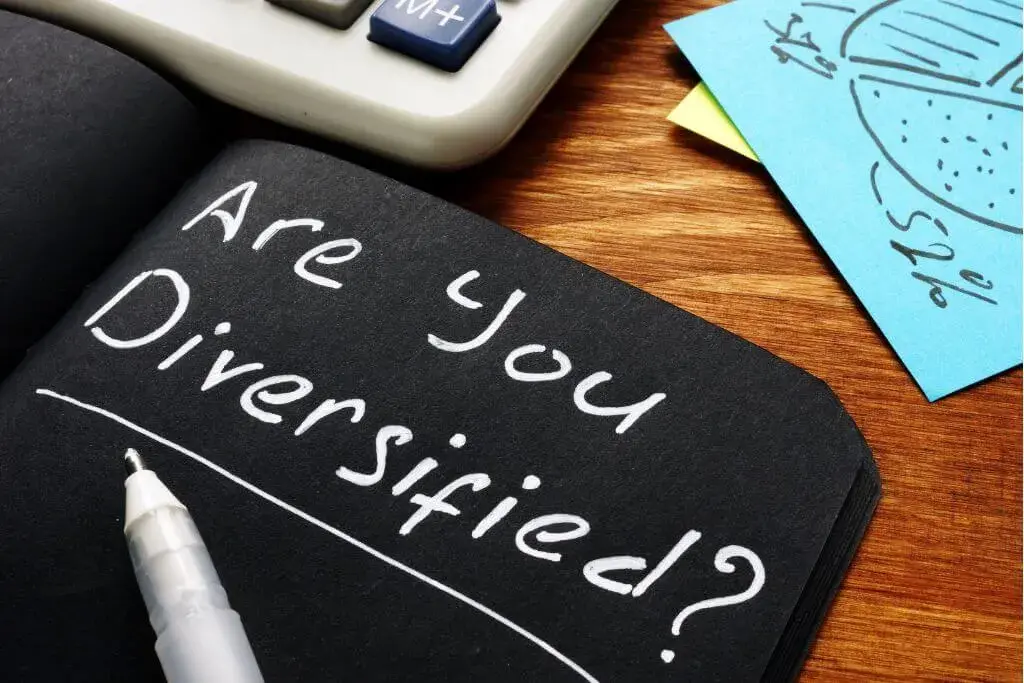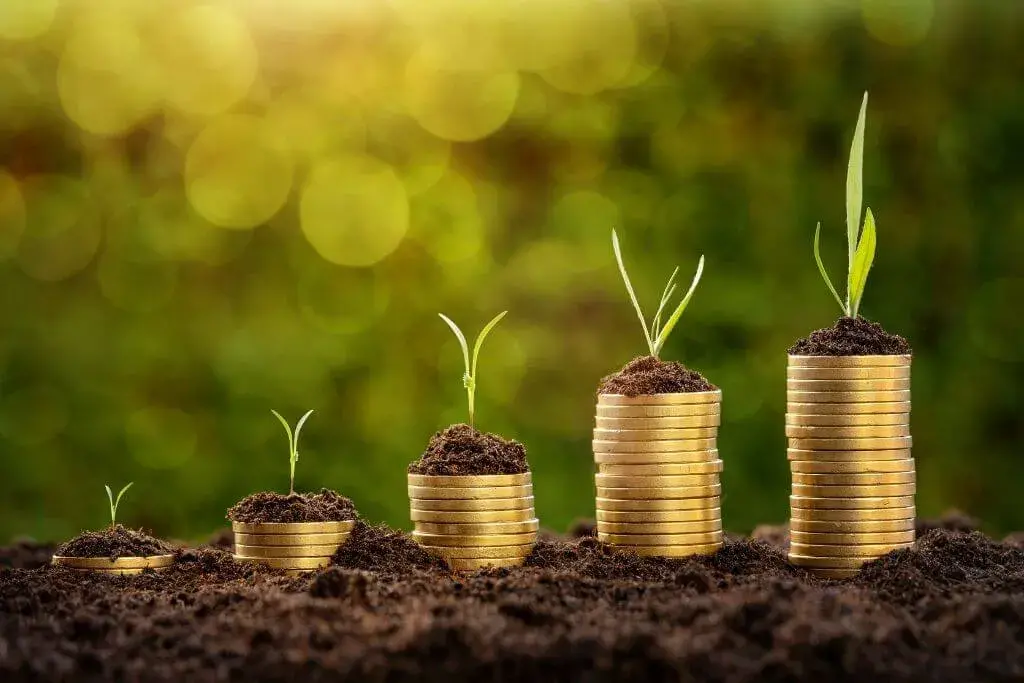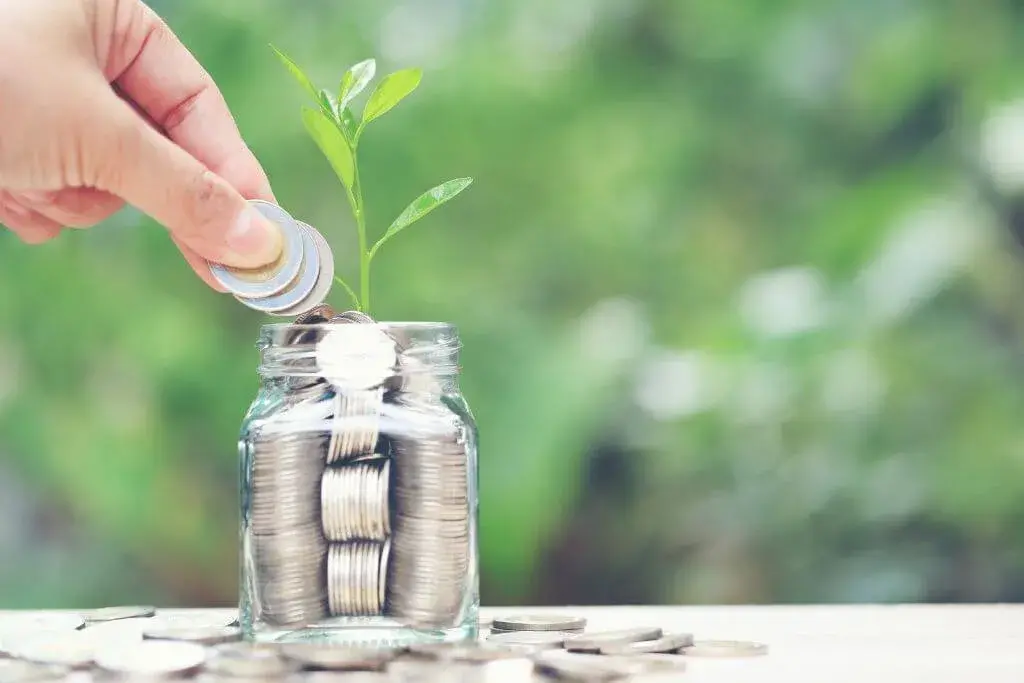See how to reduce your household expenses and learn how to introduce sustainable energy into your daily life
Adverts
As environmental challenges become increasingly evident, awareness of the importance of adopting sustainable practices is growing.
In a world where preserving the environment is crucial, individuals are turning to practical strategies that not only contribute to conservation, but also offer tangible economic benefits.
The search for a greener, more sustainable future is not just a passing trend, but an urgent necessity. As the effects of climate change become more pronounced, it is imperative that each of us plays an active role in preserving our planet.
Sustainable energy plays a central role in this journey towards a more sustainable future.
By replacing non-renewable energy sources with cleaner, more efficient alternatives, we can significantly reduce our carbon footprint and contribute to the long-term health of our planet.
However, the transition to sustainable energy goes beyond simply adopting green technologies; it requires a fundamental change in our mentality and behaviour in relation to energy consumption.
From upgrading to more energy-efficient appliances to adopting water and energy conservation practices at home, every little action counts. In addition, we will discuss the role of education and community engagement in promoting sustainable energy and creating a culture of environmental awareness.
Sustainable energy is not only a smart choice for the environment, but also an opportunity to save money and improve our quality of life.
Read on to find out more about sustainable energy and discover how to strategise to reduce household expenses by using healthier, more economical energy.
Quick Index:
Sustainable energy
Sustainable energy is essential for guaranteeing an environmentally healthy future. This type of energy is produced and consumed in such a way as to meet present needs without jeopardising future generations.
By reducing dependence on non-renewable sources and minimising environmental impacts, sustainable energy contributes to mitigating climate change and boosting economic development.
The implementation of sustainable energy practices includes investments in renewable sources, energy efficiency and public transport.
In short, by adopting sustainable energy, we can promote a healthier and more resilient environment for future generations.
Tips for reducing energy costs
Efficient Appliances
Upgrading to energy-efficient appliances is a fundamental step towards reducing energy consumption. Look for appliances with the ENERGY STAR label, which indicates compliance with energy efficiency standards. Although the initial investment may be higher, the long-term energy savings justify the cost.
Smart Thermostats and Home Automation
Smart thermostats and home automation systems provide precise control over heating, cooling and lighting. These systems can be programmed to adjust settings based on occupancy, time of day and outside temperature. By optimising energy use, homeowners can significantly reduce utility bills.
LED lighting
Switching to LED lighting is a simple but impactful way to save on energy costs. LED bulbs consume less electricity, have a longer lifespan and emit less heat than traditional incandescent bulbs. Consider replacing all your lighting fixtures with energy-efficient LED alternatives.
Solar Panels and Renewable Energy Sources
Investing in solar panels is a sustainable solution that can lead to substantial long-term savings on energy bills. Solar energy systems harness the sun's energy, reducing dependence on traditional electricity. Government incentives and rebates are usually available to offset the initial installation costs.
Adequate insulation and sealing
Make sure your home is properly insulated to avoid energy loss. Inadequate insulation can result in heating or cooling inefficiencies, leading to higher utility bills. Also, seal any gaps or cracks in windows and doors to minimise draughts and maintain a consistent indoor temperature.
Energy Efficient Windows
Upgrade to energy-efficient windows designed to reduce heat transfer and provide better insulation. Windows with double or triple glazing and low-emissivity coatings are effective in minimising energy loss and improving the home's overall energy efficiency.
Unplug electronics and use power strips
Many electronic devices consume energy even when switched off. Unplug chargers, appliances and electronic devices when they are not in use, or use power strips to easily unplug several devices at once. This simple practice avoids "phantom" energy consumption.
Water-saving devices
Install water-saving devices such as low-flow toilets, taps and shower heads to reduce water consumption. This not only contributes to sustainable water use, but also reduces the energy needed to heat the water, resulting in lower utility bills.
Energy Audits
Consider having a professional energy audit carried out on your home. Energy auditors can assess the efficiency of your home's systems and provide recommendations for improvements. This detailed analysis helps homeowners make informed decisions about energy-saving upgrades.
Rainwater harvesting
For homeowners in areas with sufficient rainfall, consider implementing rainwater harvesting systems. Collected rainwater can be used for irrigation, reducing the need for energy-intensive irrigation systems and lowering utility bills.
Community Solar Energy Programmes
Explore community solar energy programmes where available. These initiatives allow individuals to invest in or sign up for a shared solar energy system, providing access to clean energy without the need for individual solar panel installations.
Conscious Consumption Habits
Adopt conscious consumption habits, such as switching off lights when leaving a room, using natural light whenever possible and avoiding excessive use of heating or air conditioning. These small actions collectively contribute to energy savings and lower utility bills.
Educate and Involve Family Members
Promote a culture of sustainability in your home. Educate family members about the importance of energy conservation and involve them in adopting eco-friendly practices. Collective efforts can lead to more significant energy savings.
Stay informed about Green Incentives
Keep up to date on government incentives, tax credits and rebates designed to promote sustainable energy practices. Taking advantage of these programmes can further offset the costs associated with adopting green technologies.
Conclusion
Adopting sustainable energy practices not only benefits the environment, but also represents a prudent financial decision.
By incorporating energy-efficient technologies, utilising renewable energy sources and adopting conscious consumption habits, individuals can significantly reduce their utility bills while contributing to a more sustainable and ecologically friendly future.
The journey towards sustainable energy is both an investment in environmental preservation and a path to long-term financial savings.
Read more: How to reduce household expenses
You may be interested:















